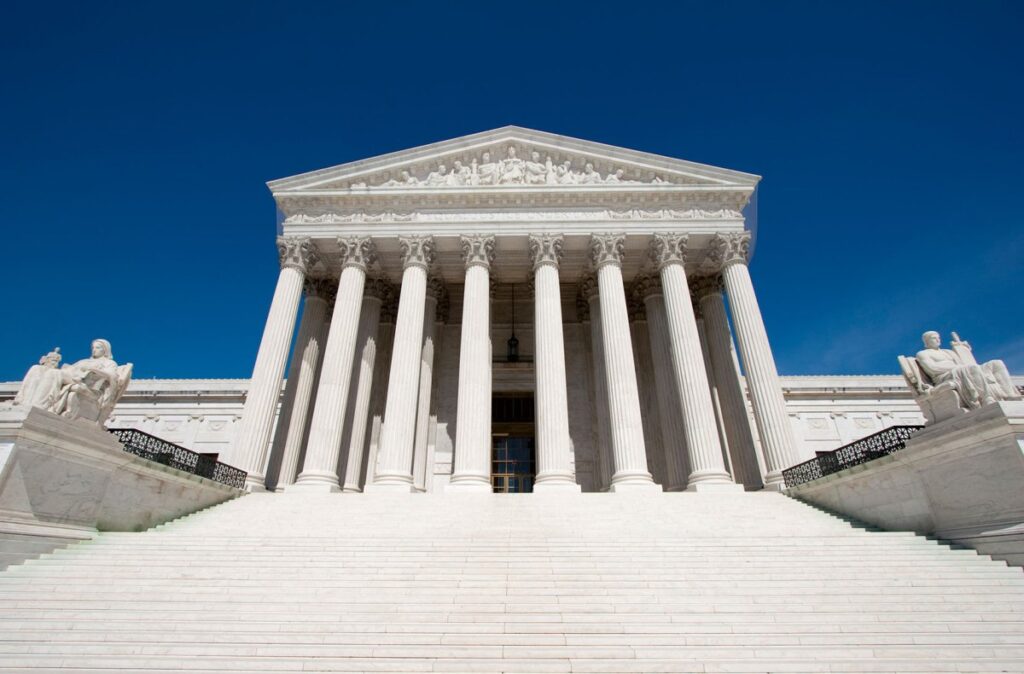The US Supreme Courtroom dominated Friday to uphold a Texas regulation requiring web sites with “sexual materials dangerous to minors” to confirm the ages of all guests. The Free Speech Coalition (FSC), a commerce affiliation for the grownup business, had introduced the lawsuit in opposition to Texas Lawyer Normal Ken Paxton difficult the state’s age verification regulation.
Age verification on this context doesn’t imply mindlessly clicking a field to declare that you’re an grownup – it means importing authorities ID paperwork or utilizing third-party verification platforms to show your age.
This determination has far-reaching ramifications for web privateness. Eighteen states have already enacted legal guidelines requiring age verification to entry such web sites, whereas six further states have handed laws that has not but taken impact. Beneath the Texas regulation that the FSC challenged, a pornographic web site is outlined as having at the very least one-third of its content material deemed “dangerous to minors.”
Web privateness advocates have lengthy criticized these age checks for his or her potential to compromise customers’ digital safety, even when verification corporations vow to not retain figuring out info. In some circumstances, these age checks are performed through authorities instruments, and it’s not irregular for hackers to breach authorities databases.
At a time when LGBTQ rights are underneath assault within the U.S., activists have protested that legal guidelines like this might be used to categorise non-pornographic details about the LGBTQ neighborhood, in addition to fundamental intercourse schooling, to be “sexual materials dangerous to minors.” These considerations seem well-founded, provided that President Trump’s administration has eliminated references to civil rights actions and LGBTQ historical past from some authorities web sites.
The unique Texas age-verification regulation, HB 1181, was handed across the similar time the state imposed different authorized restrictions on the LGBTQ neighborhood, together with limits on public drag exhibits and bans on gender-affirming take care of minors. The drag present regulation was later deemed unconstitutional for violating the First Modification.
{content material}
Supply: {feed_title}

